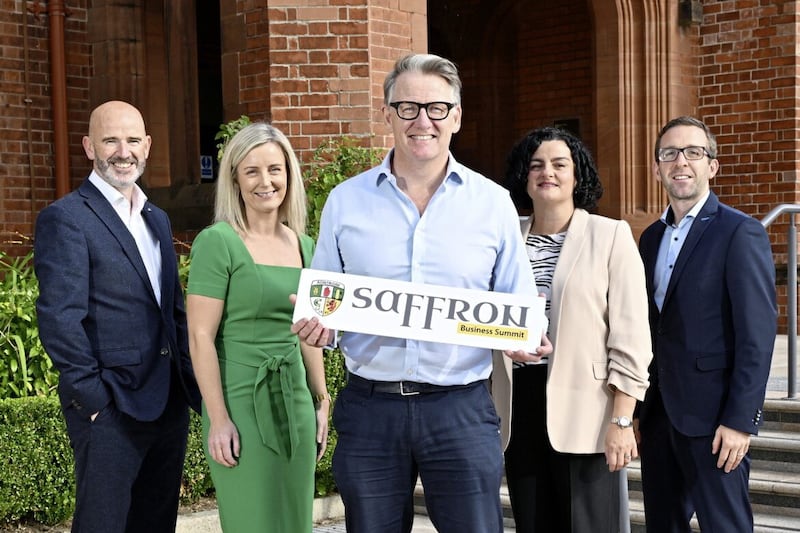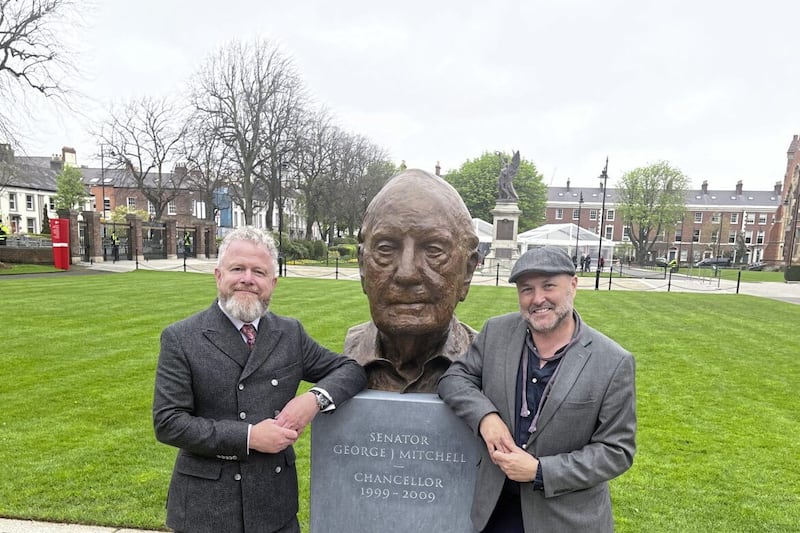I SUSPECT not many reading this have heard of John Doerr. Up until recently, I certainly hadn’t.
In 1999 Doerr, who had a computer technology background with Intel, made his biggest ever bet by investing $11.8m of his venture capital fund’s money in exchange for 12 per cent of a start-up technology company based above an ice cream parlour in Silicon Valley capital, Palo Alto, California.
The start-up was founded by two Stanford University students, Larry Page and Sergei Brin, and was called Google.
Google now makes over $30 billion (yes, billion) in profit every year and is valued at over $830 billion.
Clearly, Doerr made a pretty good bet. But at the time, while he had confidence in the founders and the basis of the idea (even though Google was late to the market and was the eighteenth search engine to arrive on the web), the company had no business plan.
So, given that Doerr was, in his words, ‘committed, financially and emotionally to do all that I could to help it succeed’, he went to the new Google HQ two months after making his investment with a management methodology that had been taught to him by ‘the greatest manager of this or any era’, Andy Grove, the legendary Hungarian migrant (he was born Andras Istavan Grof) and former chief executive of Intel.
On YouTube, you can find a video of Andy Grove explaining his Objectives and Key Results (OKRs) mantra from the early 1970s
Using OKRs was what John Doerr came to teach Google that day and ever since, this relatively simple methodology has been the cornerstone of Google’s culture and management.
In the Foreword to Doerr’s celebrated and best-selling book, Measure What Matters*, Larry Page says: ‘As much as I hate process, good ideas with great execution are how you make magic. And that’s where OKRs come in.'
I probably should say at this point that I’m interested in all of this because of the inspiration of our business coach, Jeremy Harbinson. I had mentioned in a previous column that one of the things the pandemic has allowed some time for is greater thought about business and analysis of how best to move forward.
Jeremy has a massive amount of experience across a whole range of sectors though he is probably best known locally as one of the founders of accountancy practice, Harbinson Mulholland. Before that, he had been a partner in one of the world’s largest accountancy firms, PWC.
Jeremy is now a business strategist, mentor, and author (I’ll get to his book: ‘Personal Effectiveness: To help each person reach their own highest potential’ another time). Jeremy has asked me some fundamental questions and maybe the most important has been ‘WHY’?
Why does your firm exist; why do you do what you do? That might sound simple, but it is at the heart of the OKR process because if you know why you exist (and it helps if its inspirational in some way) then the Objectives (the WHAT) and the Key Results (the HOW to get to the objectives) are made clearer and become much easier to define.
In Google’s world, their mission is to ‘organise the world’s information and make it universally accessible and useful.’
And while that might be easy for one of the largest companies in the world to say, what about a small tool maker in Draperstown or a construction firm in Crumlin? What is their why?
When you start asking yourself these questions, you might surprise yourself what you come up with. One thing’s for sure, it will get you thinking about your business or your organisation – this does not just apply to business. The charity that U2’s Bono’s has done so much work with, OneWorld, uses OKRs.
This is just an introduction, there is plenty of information on the web including a great TED Talk on YouTube from John Doerr which is how Jeremy Harbinson introduced it to me.
And on the weekend past, when Jeffrey Donaldson was the only candidate for the DUP leadership, he could do worse than sit down with his senior colleagues, watch the TED Talk, think about the future and then chart a better path for his party and for politics here - though I say that much more in hope than expectation.
*Measure What Matters: OKRs – The Simple Idea That Drives 10x Growth. By John Doerr. Penguin Business
:: Paul McErlean (paul@mcepublicrelations.com) is managing director and founder of MCE Public Relations
:: Next week: Brendan Mulgrew








